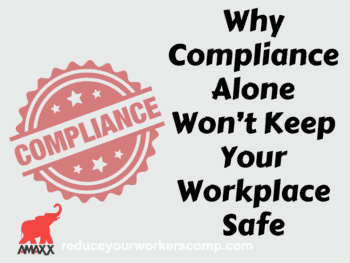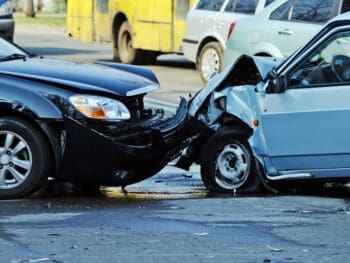The number of on-duty firefighter deaths is the lowest since 1977, according to the National Fire Protection Association’s (NFPA) annual Firefighter Fatality Report, showing a total of 72 on-duty firefighters died in the United States in 2010.
Officials reported this is a sharp drop from the 105 on-duty deaths in 2008 and 82 in 2009 and it is the lowest annual total since the NFPA began conducting this annual study in 1977. (WCxKit)
This is the fifth time in the last decade the total number of deaths was below 100. While the number of total deaths dropped sharply, the number of cardiac-related deaths did not. Heart attack deaths were remarkably stable over the past six years.
According to the report, the areas in which the deaths fell is diverse. The year 2010 saw the lowest number of fire ground deaths ever (21) and deaths while responding to or returning from alarms (18), the second lowest death number. Deaths related to training activities (11) and while engaged in other non-emergency duties (18) about matched the average numbers from the previous 10 years.
Other key numbers in the report included: Nine deaths in crashes of road vehicles in 2010 and 2009, the lowest since 1983. There were 44 volunteer firefighter deaths in 2010, continuing a downward trend. The ages of all U.S. firefighters who died ranged from 20 to 86 with a median age of 52.5 years.
Each year, the NFPA gathers information on all firefighter fatalities in the U.S. resulting from injuries or illnesses occurring while the firefighters were on-duty. The term “on-duty” means being at the scene of an alarm, whether a fire or non-fire incident; responding to or coming back from an alarm; or participating in other fire department duties.
Author Robert Elliott, executive vice president, Amaxx Risks Solutions, Inc. has worked successfully for 20 years with many industries to reduce Workers Compensation costs, including airlines, healthcare, printing/publishing, pharmaceuticals, retail, hospitality and manufacturing. See www.LowerWC.com for more information. Contact: Info@ReduceYourWorkersComp.com.
Our Workers Compensation Book: www.WCManual.com
Do not use this information without independent verification. All state laws vary. You should consult with your insurance broker or agent about workers comp issues.
©2011 Amaxx Risk Solutions, Inc. All rights reserved under International Copyright Law. If you would like permission to reprint this material, contact Info@ReduceYourWorkersComp.com.



























